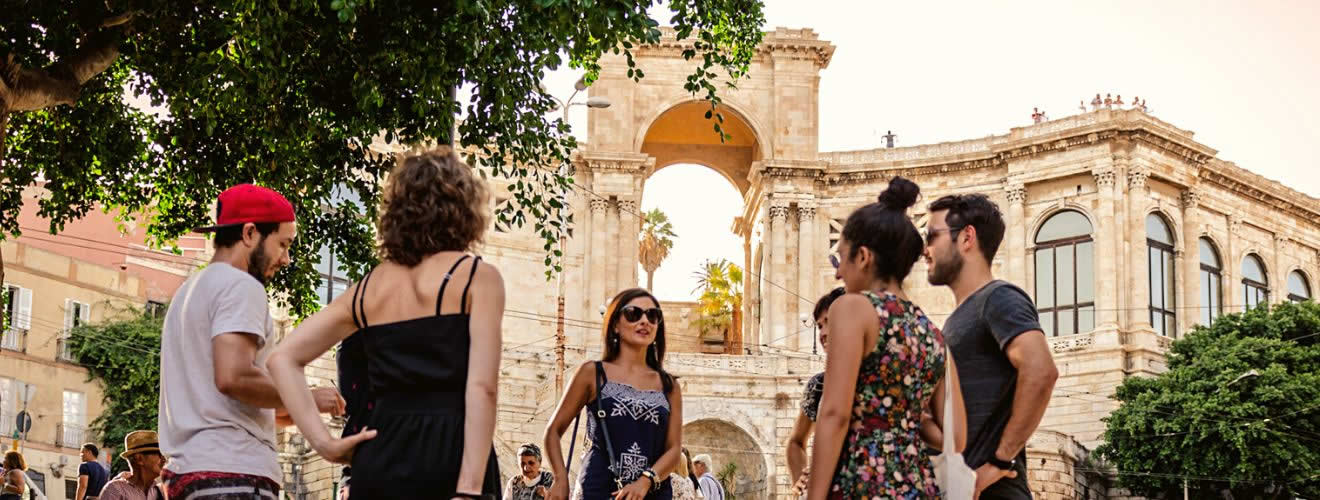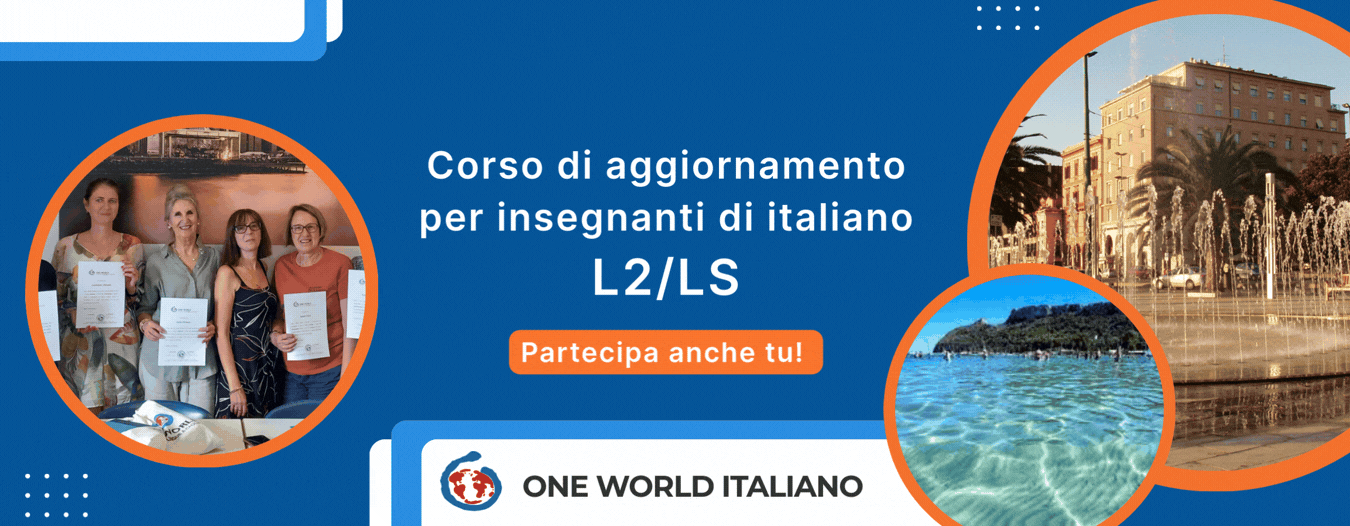Adverbs of quantity in Italian
We use an adverb of quantity, also called adverb of intensity, to give more information about an adjective. For example we can say:
C’e freddo. (It’s cold.)
But if we add an adverb of quantity we give a clearer idea of the situation. So we can say:
C’e abbastanza freddo. (It’s quite cold.)C’e molto freddo. (It’s very cold.)
The most used adverbs of quantity are:
- Abbastanza (enough/quite)
Maria ha avuto abbastanza tempo per preparare l’esame.
(Maria had enough time to prepare for the exam.)
- Affatto (in no way)
Non è affatto vero che non ti ascolto!
(It isn’t true at all that I don’t listen to you!)
- Alquanto (quite)
È alquanto improbabile che Luca venga con noi al cinema.
(It’s quite unlikely that Luca will come to the cinema with us.)
- Altrettanto (equally)
Io mi fido di te; non è altrettanto vero che tu ti fidi di me!
(You trust me, but it isn’t equally true that you trust me!)
- Appena (just)
Ho appena incontrato Marta.
(I’ve just met Maria.)
- Assai (quite)
Il questionario è assai complicato.
(The questionnaire is quite complicated.)
- Meno (less)
Il viaggio è stato meno faticoso di quanto pensassi.
(The trip was less tiring than I thought it would be.)
- Moltissimo (a great deal/really)
Mi piace moltissimo questa canzone.
(I really like this song.)
- Molto (a lot)
Il vestito che voglio comprare è bellissimo ma costa molto.
(The dress I want to buy is beautiful but it costs a lot.)
- Non molto (not a lot)
Questo gioco non è molto divertente.
(This game is not much fun.)
- Parecchio (a great deal)
Carlo ha viaggiato parecchio nella sua vita.
(Carlo has travelled a great deal in his life.)
- Per niente (in no way)
Non mi piace il suo comportamento per niente.
(I don’t like his behaviour at all.)
- Più (more)
L’appartamento di Gianni è più caro di quello di Francesco.
(Gianni’s apartment is more expensive than Francesco’s. )
- Piuttosto (quite)
Piuttosto che tornare a casa a pranzo, mangio un panino al bar.
(Rather than go back home for lunch, I’ll have a sandwich in a cafè.)
- Poco (little)
Abbiamo mangiato poco, per questo abbiamo fame.
(We ate little, that’s why we are hungry.)
- Quanto (how much)
Non so quanto abbiano speso per acquistare la casa, ma è bellissima!
(I don’t know how much they spent to buy the house, but it’s beautiful!)
- Quasi (almost)
Siamo quasi arrivati, mancano dieci minuti.
(We have nearly arrived, just ten more minutes.)
- Solamente (only)
Laura ha mangiato solamente un tramezzino.
(Laura only ate a sandwich.)
- Solo (only/just)
Mario è rimasto solo un’ora, poi se n’è andato.
(Mario stayed for just an hour and then he left.)
- Soltanto (only)
Abbiamo soltanto dieci minuti per riordinare.
(We only have ten minutes to tidy up.)
- Tanto (a great deal)
Hanno studiato tanto, speriamo che passino l’esame.
(They’ve studied a great deal, let’s hope that they pass the exam.)
- Troppo (too much / too many)
Abbiamo camminato troppo, è ora di riposarci.
(We have walked too much, it’s time to have a rest.)
- Un po’ (a little)
REMEMBER: Un po’ is written with an apostrophe, not with an accent.
Posso avere un po’ di ghiaccio, per favore?
(Can I have a little ice, please?)


